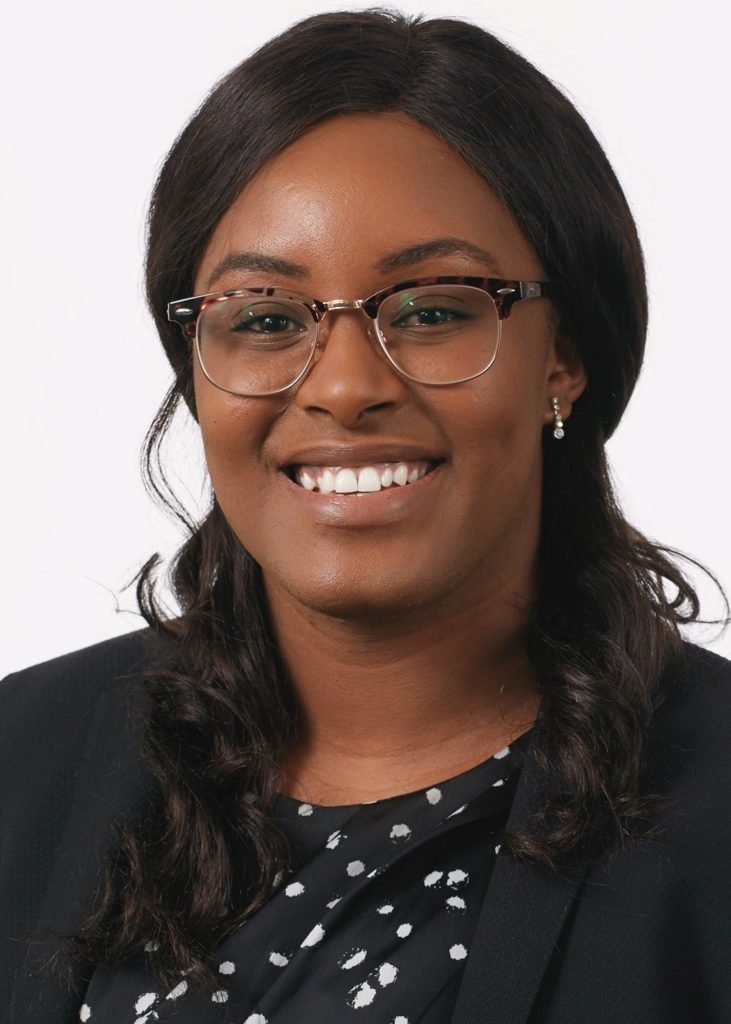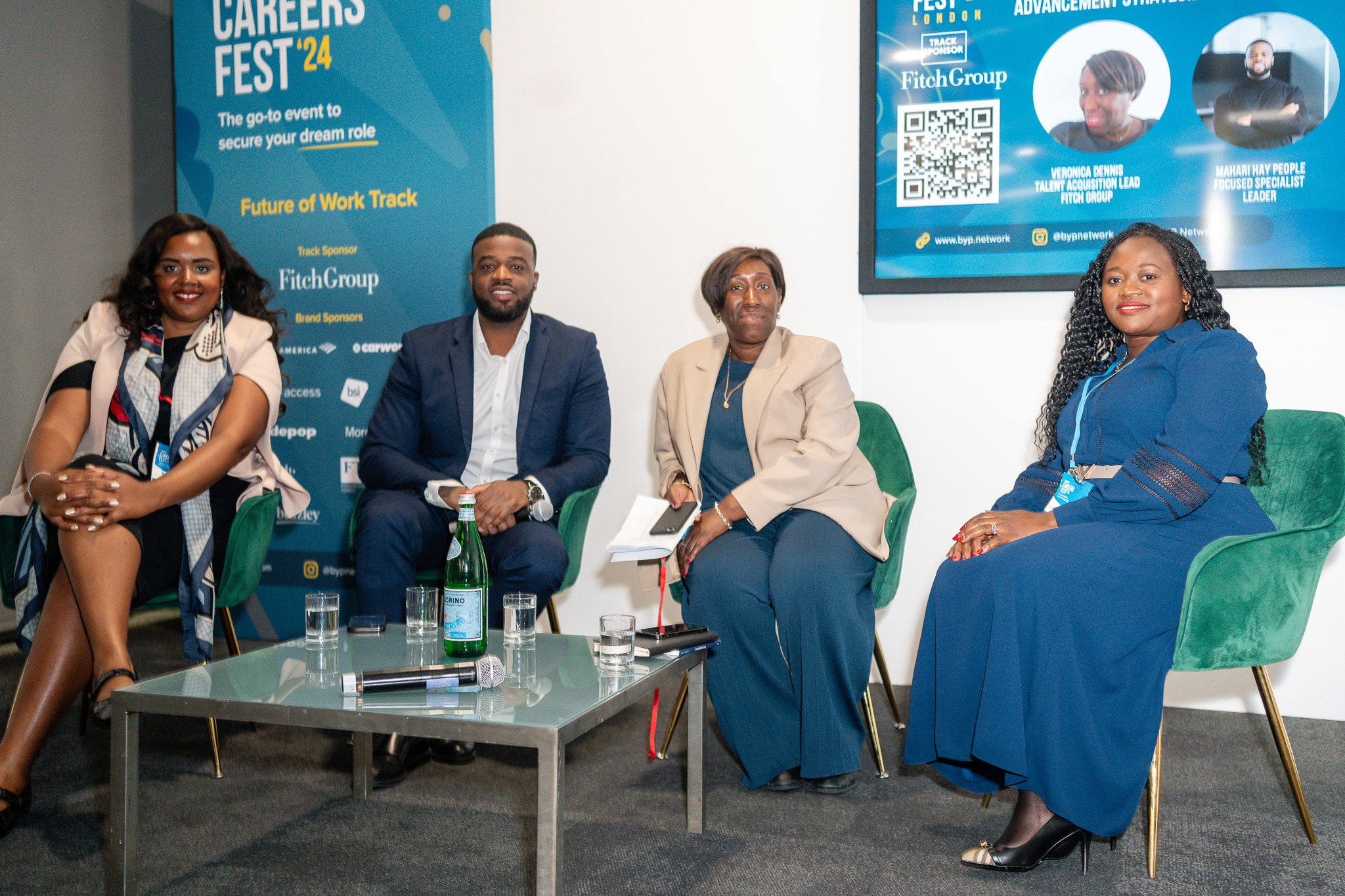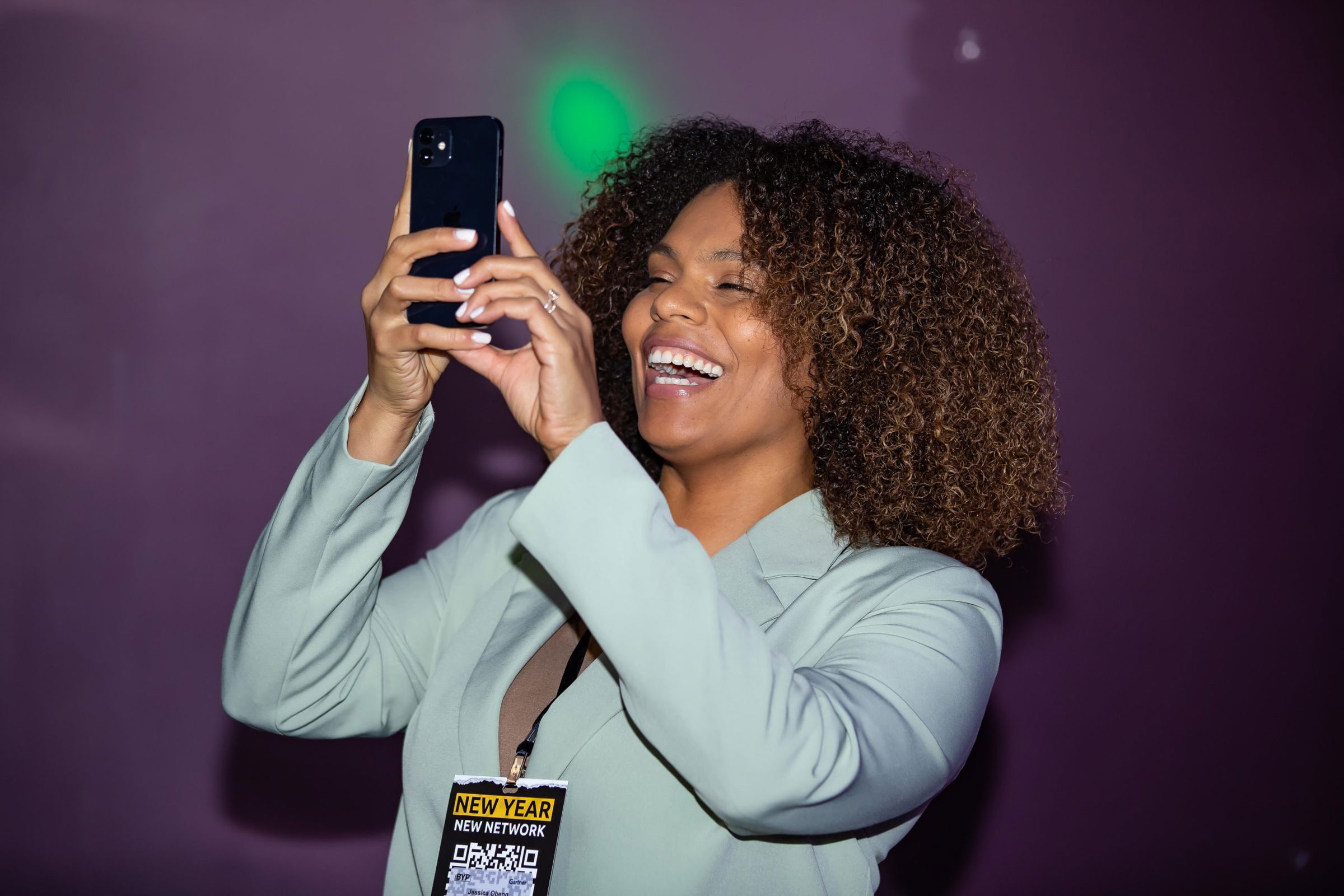The legal profession is traditionally corporate and globally, a tight-knit community that abides by the rules. Miriam Bandera, an associate at Reed Smith, found her footing through mentorship and her ability to adapt. Ten years after taking her first job as a paralegal, Miriam moved up the ranks within the prestigious law firm. Like many of us in the diaspora, limited resources and generational inexperience often prevent us from readily understanding the ‘rules’ when we step into the professional world. She spoke to BYP about combating the feeling of inferiority as a Black woman in her career.

BYP: Do you have any mentors that have helped you along your professional journey so far?
Miriam: I have been fortunate to benefit from both formal and informal mentoring. My first informal “mentor” in the sector was a black male lawyer in one of the magic circle firms, which is part of a group of 5 top UK firms, who took an interest in me. I would travel to London to have coffee and discuss my prospects. He signposted me to a programme that was being run by Black Solicitors Network and as part of the programme, I had two fantastic mentors, one being a lawyer (now a partner) at Reed Smith. I remember during a vacation scheme at another firm, going to the Reed Smith office in the evening to have an interview preparation session the day before my training contract interview. I believe this helped me to secure the training contract. I’ve had other people that have given me advice and guided me in my professional journey. I particularly value having peer mentorship amongst black colleagues. I think as a Black female lawyer, finding lawyers at senior levels and in management positions that I can fully relate to and that takes a personal interest in my success can be a bit difficult because the representation is not where it should be.
BYP: What other challenges have you faced in relation to being a Black female lawyer and how have you overcome that?
Miriam: I think one of the biggest challenges for me has been overcoming the sense of imposter syndrome. Being the only person that looks like you, that has the background that you have in a room is quite challenging. Most of the time it is subconscious. In the past, I’ve actually had colleagues that have brought on micro-aggressions. I once had a supervisor who continuously asked what university I studied at and what my parents did for a living.
At the time, I didn’t really know that this was an issue but I just knew it made me feel so uncomfortable and I felt out of place. I think I’ve appreciated working in organisations where there’s a bit more representation and inclusion. Being able to create a safe space with other black lawyers and provide peer mentoring for each other has been helpful to bring my best and whole self to work. I mean even for small things like checking if this hairstyle will be ok for me to come into work with- your appearance (and how others respond to it) impacts your confidence.
Another challenge I have had is in relation to not having sponsors. There is a correlation with the issues of lack of representation that I mentioned earlier. I know there are white counterparts that have had opportunities because someone in a senior position saw a younger version of themself in that person. However, I also realised that I had to create my personal brand, raise my internal profile and win some people over. It took me a while to understand that good work is not enough. I have now managed to move teams and relocate to Singapore on the basis of building relationships and having sponsors through doing more than my day-to-day work.
BYP: Do you have any other advice for Black professionals who want to start on a similar career path?
Miriam: To the students interested in a career in corporate law, I advise you to: (1) Do your research – find out about areas of legal practice, types of law firms, routes to qualifications, diversity/access programmes etc. There are so many good books and podcasts now available. (2) reach out to professionals at law fairs, open days, events or even Linkedin. As I mentioned my career started with talking to lawyers at firms and meeting associates for coffees; and (3) Never lose faith in yourself, something that takes time.
To the juniors, one of the key things that I have learnt is having the confidence to speak up for yourself and the ability to push for what you want from your career. When you’re working in big organisations, it almost feels like you’re too small to make these demands but there’s no one else representing you apart from yourself. You have to be your biggest advocate.







